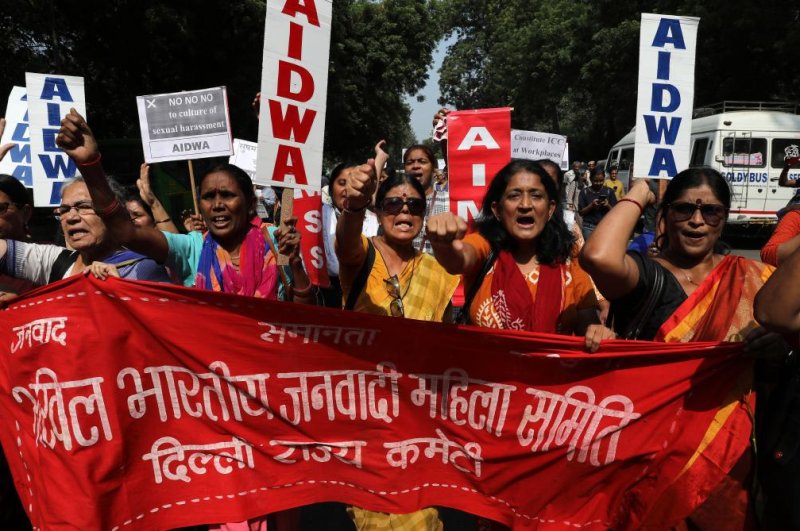April 23 (UPI) -- A report released Friday said that rape victims in multiple South Asian nations are still being subjected to humiliating and unscientific "vaginal tests," which advocates say are violations of women's and girls' human rights.
The 70-page report, produced by women's rights organization Equality Now and Dignity Alliance International, said the tests are still being performed in India, Nepal and Sri Lanka -- and at times are even used in court cases.















